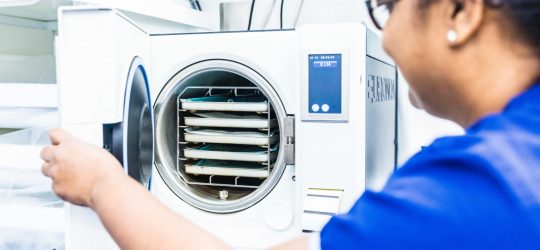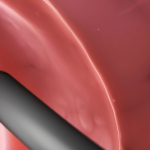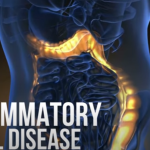Gastric & Duodenal Ulcers
Gastric and Duodenal Ulcers | Peptic Ulcers
Almost all gastric and duodenal ulcers are due to the bacterium Helicobacter pylori or aspirin and other anti-inflammatory agents such as Naprosyn, Brufen, Feldene, Voltaren, etc.
What is an ulcer?
An ulcer is an area where the surface lining has been lost. For example, a leg ulcer, corneal ulcer, and peptic ulcers. The latter occur in areas subject to digestion by the enzyme “pepsin”. These areas include the duodenum, stomach, and oesophagus.
How do I know if I might have a peptic ulcer?
Most patients with peptic ulcers experience “hunger” pain high in the abdomen. These pains usually occur on a daily basis and usually come on between meals and sometimes at night. The pain tends to be relieved by milk, food, or antacids. Twenty percent of patients with ulcers do not have pain but are still at risk from complications. Symptoms of ulcers tend to run in cycles with pain occurring for a few week followed by months of no pain. The average patient has two attacks per year.
How are peptic ulcers diagnosed?
All patients with symptoms suggestive of peptic ulcer should be referred for an upper gastrointestinal endoscopy. This is the most accurate method of confirming the presence of an ulcer. At the time of the endoscopy a test can be done to determine if Helicobacter pylori is present. The upper gastrointestinal endoscopy is also an important procedure to exclude gastric malignancy. Six percent of gastric ulcers are malignant and this particularly needs to be considered in patients who are over 40 years of age.
What are the complications associated with peptic ulcers?
An ulcer may erode deeply into the stomach or duodenal wall exposing an artery which could lead to life-threatening bleeding. Blood may be vomited or passed as black material (“melaena”) in the stool. Sometimes the ulcer breaks through into the abdominal cavity producing a perforation. This produces sudden, severe abdominal pain and requires urgent surgery.
How are peptic ulcers treated?
- Avoid gastric irritants such as aspirin and anti-inflammatory agents
- Eradicate any Helicobacter pylori when present
- Inhibit acid secretion with drugs called proton pump inhibitors (Losec, Zoton, Pariet, Nexium, Somac)
- In the case of a gastric ulcer, confirmation must be made upon completion of a course of treatment that healing has been complete
- Confirm eradication of any Helicobacter pylori infection with either a urea breath test or a repeat endoscopy





